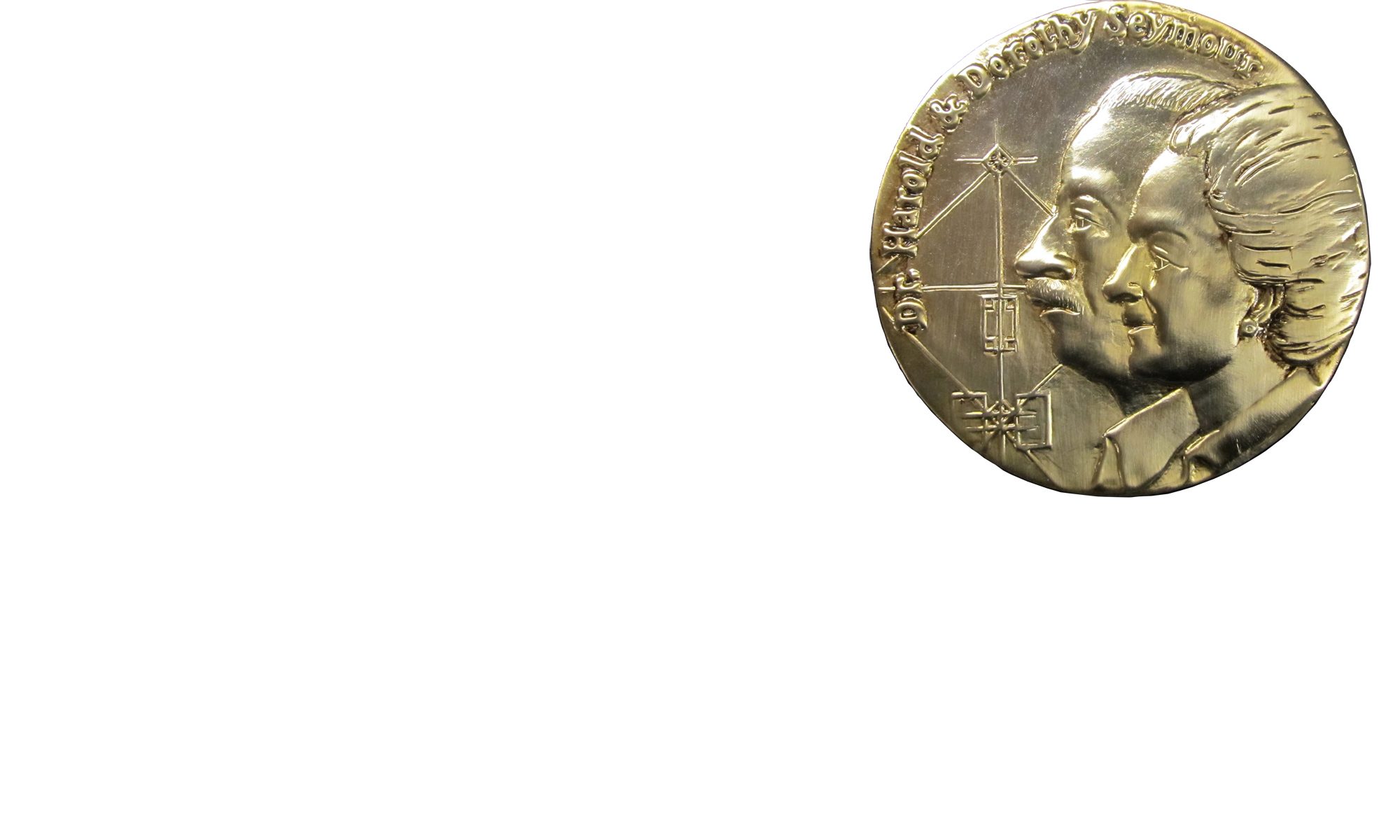Lawrence “Larry” Yaffa, like many Brooklyn boys of the twenties and thirties, wanted to become a ball player. Here is his story.
Continue reading “Memories of Brooklyn Baseball”
Parade Grounds Memories
by Herbert Johnson
In the late twenties my family lived right on the edge of the historic Parade Grounds. I must have been about eight or nine when I found myself utterly fascinated with the top team of those days, the Argyles.
Continue reading “Parade Grounds Memories”
Echoes of Ring Lardner
Harold Seymour’s proteges wrote to him when they entered organized baseball to tell their mentor about their exciting experiences, especially their successes, as young professionals. You can tell that these boys gloried in their chance to make it in the bigs. And if you’ve read Ring Lardner’s A Busher’s Letters and You Know Me Al, you’ll be amazed at the similarity between the way these fellows expressed themselves and Lardner’s supposed fiction.
Continue reading “Echoes of Ring Lardner”
The Kid Teams Of Brooklyn
On the Parade Grounds
As a boy Seymour not only played sandlot ball every chance he got, he read everything he could find about baseball techniques. He wanted not only to play high-class ball, he desired to help other boys play it well, too.
Continue reading “The Kid Teams Of Brooklyn”
Baseball At Drew University
Spalding’s Guide to the Rescue
How could a boy graduating low in his high school class get into college? Through his knowledge of baseball!
Continue reading “Baseball At Drew University”
Coaching Wrestling, Not Baseball
History and Wrestling
Before he was able to find a teaching position at the college level, Seymour taught junior high school history in Norwich, New York. He accepted the position with the assurance that he would also be coaching baseball, but when he arrived to start work he learned that the chemistry teacher had been given the baseball position and that he, Seymour, was to coach wrestling-about which he knew nothing! So he enlisted the star wrestler to help him, learned the moves and how to help his boys, coached them and traveled to meets with them, and produced a winning team, popularly called “The Purple Matmen.”
Continue reading “Coaching Wrestling, Not Baseball”
That Baseball Ph.D.
At the time Seymour was about to be awarded his Ph.D. for the first dissertation on the history of American baseball, he was interviewed by the Cleveland News. After all, “The Rise of Major League Baseball to 1891” was a highly unusual title for a doctoral dissertation! News reporter Joe Madigan quoted Seymour as explaining, “No historian has ever deemed the subject worthy of scholarly investigation, despite the fact that baseball is a reflection of the development of American life. Learned men are sometimes very stuffy, you know.”
College Teaching Without Baseball
Teaching College History
Fenn College in Cleveland became Seymour’s second college-level teaching position; he had taught at Presbyterian College in South Carolina, and during world War II he left teaching to run his father’s marine contracting business in New York City.
Baseball On Radio And Television
Media Attention
Partly because we were living in the New York area when the second volume came out, Oxford University Press obtained considerable media attention for it, including radio and TV interviews. Mike Wallace interviewed Seymour on his radio show in August of 1971, complimenting Seymour afterwards on a good performance.
Baseball Honors
The Casey Award
In 1991 The People’s Game won The Casey Award, given annually by Spitball: The Literary Baseball Magazine. Editor Mike Shannon said it won conclusively over all finalists, including George Will’s Men at Work. Since Seymour didn’t feel up to traveling to accept the award at the Spitball banquet, I arranged to have a local photographer make a videotape of his necessarily-short acceptance speech; by then his health was in steep decline. I prepared his remarks in about five short sentences, writing them in very large type on a card, so that he could read them before the camera. He did so, weakly and ineffectively, but he accomplished the task. The Cooperstown Hall of Fame asked for a copy of this video for its archives, and I sent it.

